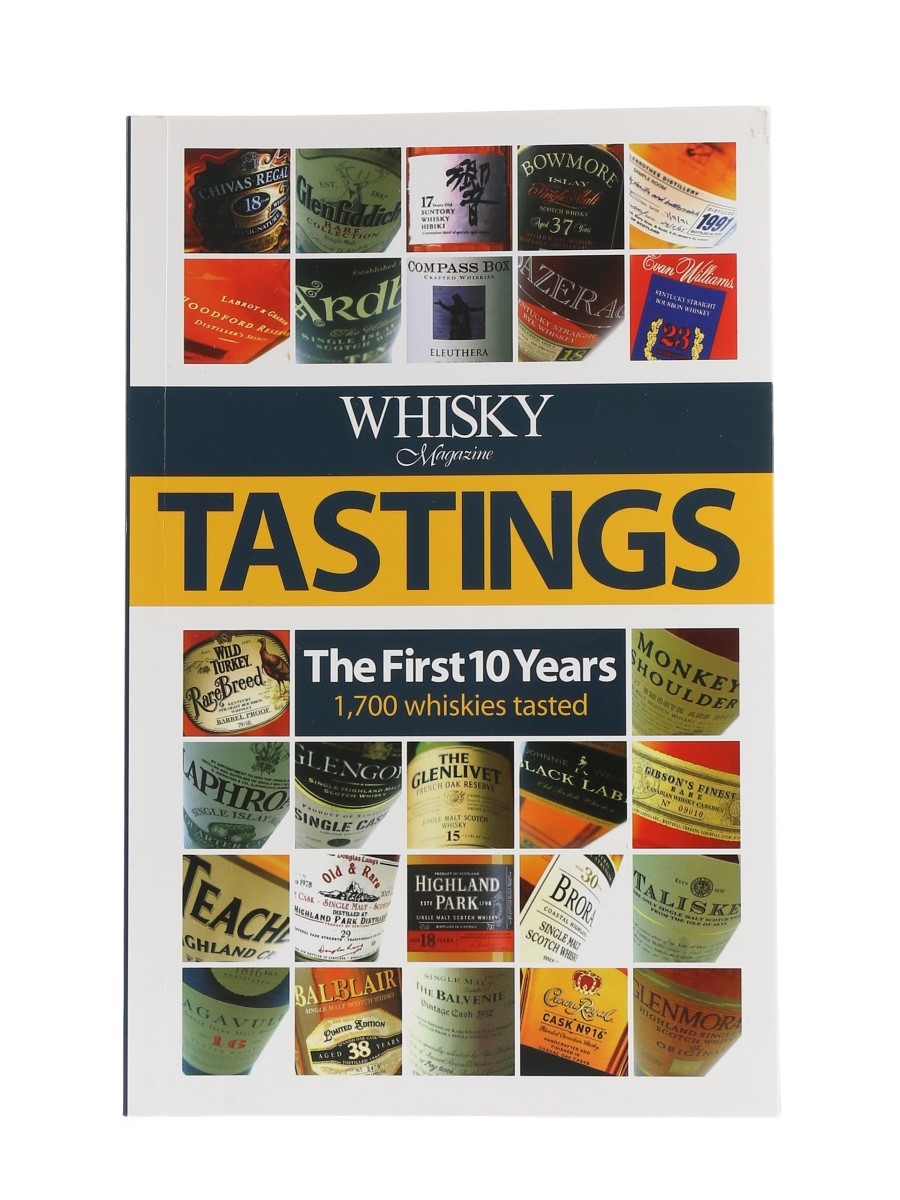Whiskey and bourbon are both distilled spirits that can be created from quite a lot of grains. The alternative of grains used within the mash invoice (the combination of grains used to supply the whiskey) plays a significant role in figuring out the flavour profile of the final product. Here are some frequent grains utilized in whiskey and bourbon production:

Common Grains in Whiskey and Bourbon:
Corn: Corn is a major ingredient in bourbon, contributing a sweet and full-bodied flavor. For a whiskey to be legally labeled as bourbon in the United States, it will need to have a mash invoice that incorporates no much less than 51% corn.
Barley: Barley is often utilized in whiskey manufacturing and is a key ingredient in plenty of Scotch whiskies. It provides a malty taste and can contribute to the overall complexity of the spirit. Bourbon recipes typically include a smaller percentage of barley.
Rye: Rye is a grain that imparts a spiciness to the whiskey. Rye whiskey, by definition, should have a mash invoice with at least 51% rye. High-rye bourbons comprise a higher percentage of rye than conventional bourbons, giving them a spicier character.
Wheat: Wheat is thought for its clean and mellow characteristics. Whiskey collector's guide , like these produced by some well-known manufacturers, have a softer and sweeter taste profile due to the next proportion of wheat within the mash bill.
Types of Whiskey Based on Grains:
Bourbon: Bourbon is a type of American whiskey with specific authorized necessities. It have to be made from a mash invoice containing at least 51% corn, distilled to not extra than a hundred and sixty proof, and aged in new charred oak barrels. The use of the term "straight bourbon" implies that the whiskey has been aged for no less than four years.
Rye Whiskey: Rye whiskey, whether American or Canadian, should have a mash invoice with at least 51% rye. It tends to have a spicier and more sturdy taste in comparison with bourbon.
Scotch Whisky: Scotch whisky is primarily created from malted barley and aged in oak barrels in Scotland. Single malt Scotch is produced from 100% malted barley at a single distillery, whereas blended Scotch combines single malt and grain whiskies from completely different distilleries.
Irish Whiskey: Irish whiskey may be produced from a combine of malted and unmalted barley and different grains. It tends to be triple-distilled for smoothness and might have a various flavor profile.
These are basic pointers, and the specific grains and proportions used can differ between completely different brands and expressions within every class. The selection of grains, along with other elements like fermentation, distillation, and aging processes, contributes to the unique characteristics of every whiskey or bourbon..
